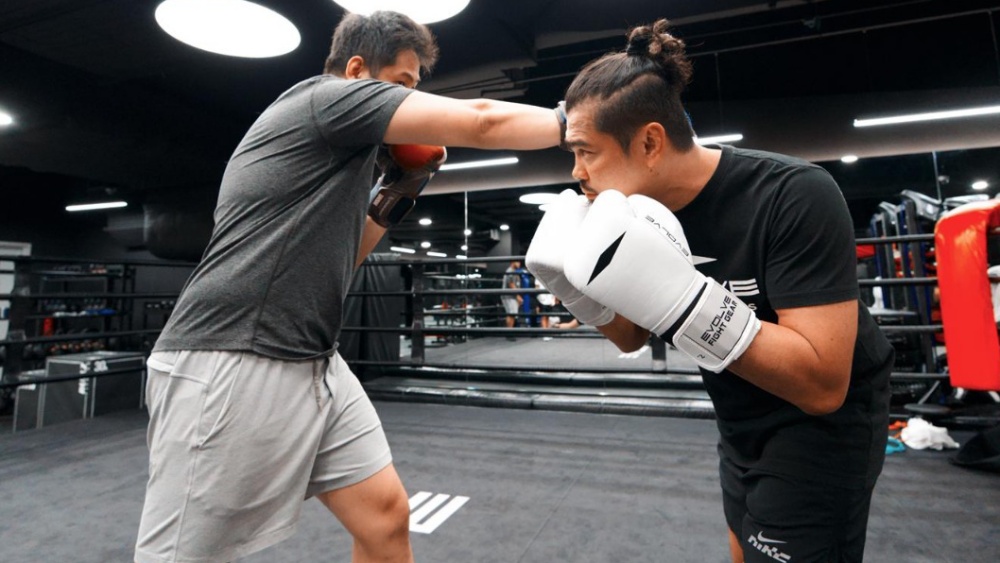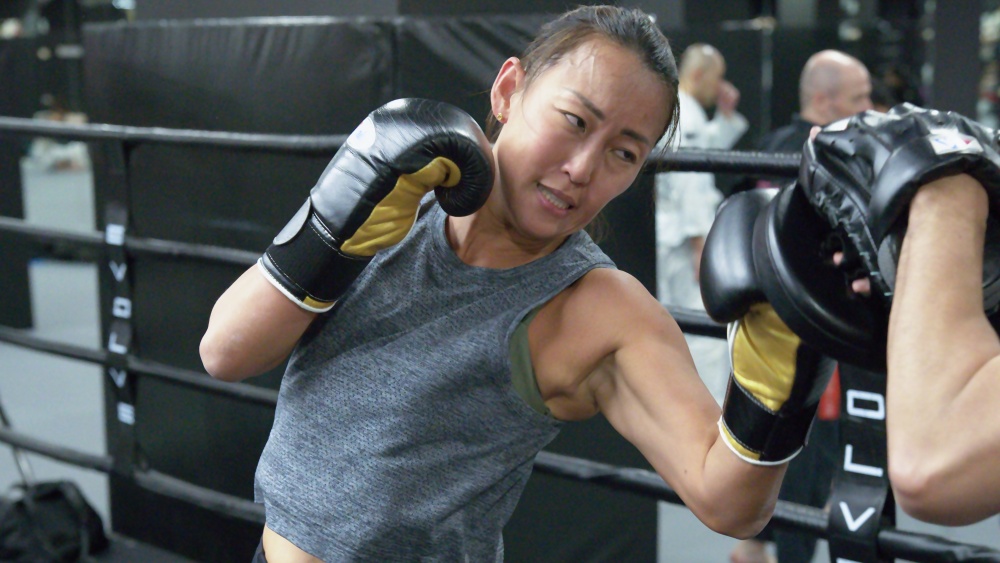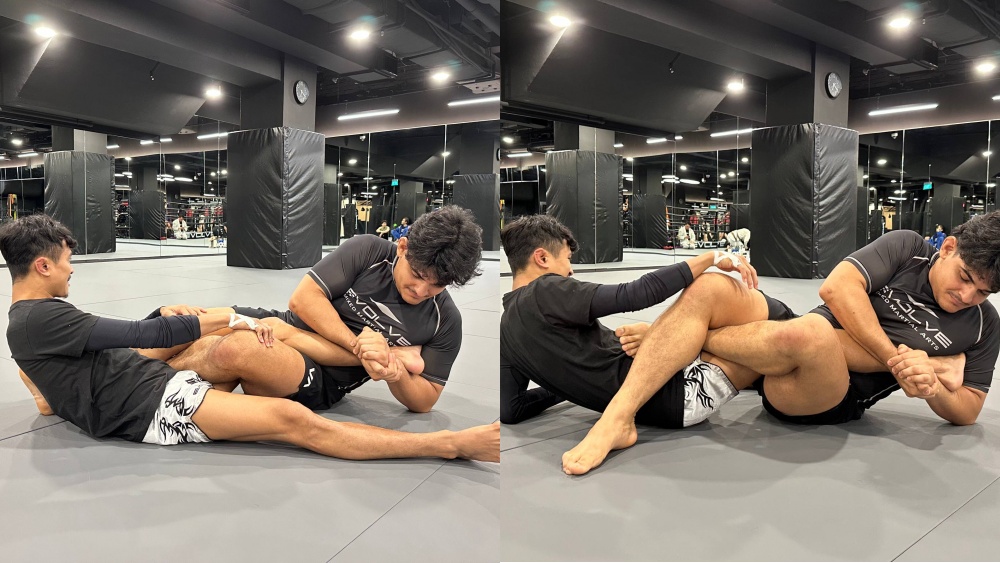Your body is your most valuable asset when you’re a boxer. Consuming the right foods and beverages is crucial for building strength and endurance when you train. The right diet also leads to quicker recovery from your boxing training, allowing you to train more often and gain new skills at a faster rate.
So, what should you be eating regularly as a boxer? This article will dive into the world of nutrition for boxers, going over the main things you should know like what to eat, when to eat, and how to balance your diet to keep you at the top of your game.
Understanding Your Nutritional Needs
The things you consume can be divided into two main groups: macronutrients and micronutrients. Macronutrients are the main things your diet should consist of while micronutrients are the vitamins and minerals that keep your body working optimally.
Macronutrients: The Building Blocks
The main macronutrients you should consume as a boxer are proteins, carbohydrates, and fats.
Proteins are the essential building blocks for muscles and tissues all over your body. These macronutrients are essential for muscle repair and growth. Boxing training sessions are physically intense so make sure your diet is loaded with proteins to ensure your body has everything it needs to recover from your workouts and grow stronger. Boxers should generally aim to consume 1.2 to 2 grams of protein for every kilogram of body weight daily.
Lean proteins like fish, eggs, and chicken, and plant-based proteins like tofu and lentils should be a significant part of each meal you consume. Avoid fatty meat proteins and processed meats as much as possible.
Carbohydrates are your main energy source so you want to consume enough to fuel your training sessions. However, consuming too many carbohydrates can lead to a caloric surplus since they’re calorie-dense foods.
The American College of Sports Medicine advises boxers to aim to consume about six to ten grams of carbs for every kilogram of body weight. Most of your carbs should be consumed before and soon after your workout.
Boxers should consume mostly complex carbs like vegetables, fruits, and whole grains since these deliver a more consistent source of energy for longer periods.
Fats are the most misunderstood macronutrient and many people tend to avoid them since they are generally viewed as bad. However, healthy fats are crucial for nutrient absorption and energy. Boxers should aim to consume about one gram of healthy fats per kilogram of body weight daily.
Avoid consuming fats right before workouts since they typically take longer to digest. Fats also help to increase how full you eat, making you less likely to overeat during your camps. Examples of healthy fats boxers should add to their diets include olive oil, nuts, and avocados.
Micronutrients: The Unsung Heroes
Vitamins and minerals play a pivotal role in your overall health and performance. Ensure your diet includes a variety of fruits and vegetables to cover these essential nutrients. Some of the most essential micronutrients for boxers include:
- Iron: Helps with oxygen transport and energy production. Found in lean meats, lentils, and fortified cereals
- Magnesium: Helps with nerve regulation, energy production, and muscle function. Legumes, green leafy vegetables, nuts, whole grains, and seeds are rich in magnesium
- Calcium: Essential for bone health and nerve signaling. Dairy foods, almonds, and green leafy vegetables are great sources of calcium
- Vitamin D: Works in tandem with calcium to strengthen bones. It can also be found in foods like fatty fish, egg yolks, and fortified products
- Antioxidants: These include vitamins C and E, which help with immune health. Fruits and vegetables are excellent sources
Hydration: More Than Just Water
Staying hydrated is non-negotiable. Water is essential for hydration, and you also need to replenish the electrolytes you lose during your training sessions. Consider having a sports drink or some coconut water after your workouts to replenish these vital salts.
Pre-Workout Nutrition: Priming Your Engine
Consume a meal rich in complex carbs and moderate amounts of protein about 2-3 hours before training. This balance provides sustained energy and supports muscle endurance.
Post-Workout Nutrition: Recovery Is Key
Your focus should be on recovery after your training sessions. A mix of protein and simple carbs within 30 minutes post-workout aids in muscle repair and glycogen replenishment.
Meal Timing And Frequency: The Rhythm Of Eating
Eating smaller, balanced meals every 3-4 hours keeps your metabolism active and your energy levels stable. Don’t skip meals, especially breakfast, as it kick starts your metabolism for the day.
Weight Management: The Scale And The Ring
Maintaining weight is crucial when you’re a competitive boxer. Avoid crash diets or rapid weight loss techniques. Instead, focus on gradual weight management through balanced nutrition and regular exercise during your training camps. You should already be close to your fight weight before cutting water weight. This way, you’re not feeling lethargic during your bouts due to cutting excessive amounts of weight the week before your big day.
Supplements: The Extra Edge
While food should be your primary source of nutrients, supplements like whey protein, BCAAs, and omega-3 fatty acids can offer additional support. Always consult with a nutritionist or coach before adding supplements to your diet.
Cheat Meals: The Psychological Break
It’s okay to indulge occasionally. A cheat meal once a week can satisfy cravings and provide a psychological break, but don’t let it derail your overall diet plan.
Sample Daily Meal Plan for Boxers
Let’s take a look at what your daily meal plan should look like to optimize your performance inside the boxing ring:
Breakfast
- Oatmeal with fruits and nuts
- Scrambled eggs or a protein smoothie
Mid-Morning Snack
- Greek yogurt with berries
- A handful of almonds
Lunch
- Grilled chicken or fish
- Quinoa or brown rice
- Steamed vegetables
Afternoon Snack
- Hummus with carrot and cucumber sticks
- A piece of fruit
Dinner
- Baked salmon or tofu stir-fry
- Sweet potato
- Mixed salad
Post-Workout
- Protein shake
- Banana or a small portion of rice cake
This is just an example of what a balanced diet for a boxer should look like. Feel free to tailor your diet to your specific needs and preferences.
Listen to Your Body
Every boxer is unique so pay attention to how your body reacts to different foods and adjust accordingly. Good nutrition is a journey, not a destination. It’s about making informed choices that support your training and health goals. Stay dedicated, stay nourished, and keep fighting!
You may also like:
How To Use The Long Guard In Boxing
Everyday Nutritional Must-Haves: The Key Vitamins And Minerals To Consume
















